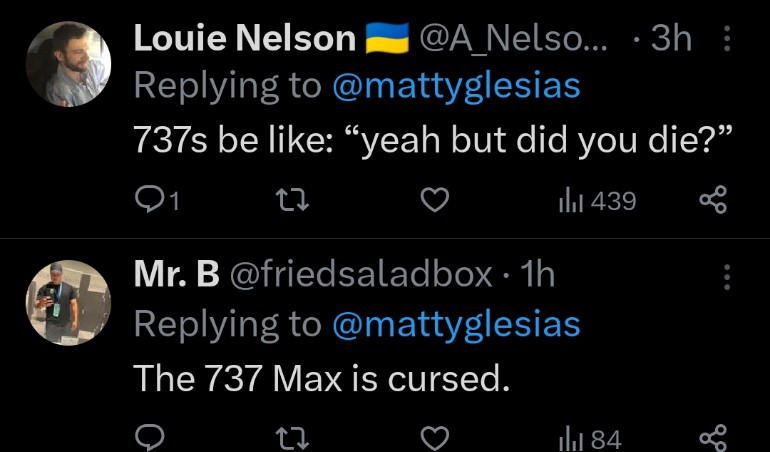So, what did I think of Götterdämmerung at QPAC last night?
I think the staging was very, very good, and the performances fine; but out of the 4 operas, I think I found Siegfried the best in performance for both orchestra and voices.
My previous summary of the plot (after going through it on Youtube) is pleasingly accurate: but I do have to say that I've firmed up in the feeling this opera is a bit of a cheat on Wagner's part, in that they only talk about Valhalla going up in flames, we don't go there to actually watch it. I mean, I feel we ought to at least get a cameo of Wotan with his hair on fire; but no, he and the rest of his dysfunctional household burn up off stage.
But musically, it's still pretty satisfying.
Now what can I say about the whole experience of a Ring Cycle? I was convinced to see it due to a radio interview I heard by accident with some guy announcing it 4 years ago. (I assume it was someone from Opera Australia). I still remember some comments he made - one being that people think it's a "heavy" experience, but it's not: he said he has spoken to audience members at the end who would say they could immediately sit through the whole thing again. I think he's right about that - for a story that is peak operatic melodrama (and basically a doomed love story, as I guess most opera is) it doesn't really feel depressing or tiring at the end. If I were the idle rich, I wouldn't mind seeing at least a "highlights" reel again next week, from a different seat too!
The opera guy also called it a "life changing" experience. That is a little over the top, but it is certainly a unique one, with plenty to think about, as my many posts have indicated. And I am very happy to have experienced it.
As a coda: one peculiar thing I haven't yet mentioned - I was sitting in short row of 4 seats on the second balcony, so naturally you do find yourself making some small talk with them. The guy right next to me (I was at the end of the row) was previously from England, and used to go to Covent Garden a lot. He indicated he had been a bit disappointed with opera choice in Australia, but he would sometimes go to Sydney to see one, and come back the next day. He was probably in his 70's, and while chatting I found out that he lives in a very expensive newly developed area on the river. The other two guys were also older (well, maybe 60's and 40's- probably a gay couple I suspect.) The odd thing though was none of these 3 ever applauded.
Curious about his lack of applause, I asked the English guy (before the start of the second opera) what he thought of the first, and he said something like "well I had read all the hype, and was a bit disappointed. But then I thought about it more and how difficult it is to sing this opera, and perhaps I was a little tough." I said that my impressions from the reviews on line was that the first opera had the most mixed response, but reviewers appeared to increasingly like the other three as the cycle went on.
He then left 20 minutes early at the end of Die Walkure (the second one) to catch the ferry home! I found out last night that he had missed the third opera (yay, an empty seat beside me) because he had to go to Sydney for some work or other and was delayed in his return - he is presumably semi retired. As for the other two dudes in my row - they left early during the 3rd opera to catch a train, so I got separately interrupted at the climatic part of not one, but two operas! Last night one of them commented to me that "oh well, we probably didn't miss much, did we?"
And then last night, when most of the audience is on its feet - I swear that no one in my row of unduly disgruntled old blokes clapped for even a second!
This, I thought, is just rude. I really felt like asking the guy next to me if he familiar with the phrase "whingeing Pom", and if Australian opera isn't up to his standards, he can shove off with his money back to London and I don't have to hear his nose whistle during quiet parts of a musical again. (I haven't mentioned that yet, have I?)
How did I end up sitting in the one, short, row in the theatre with what seemed like the only 3 audience members who appeared to be continually unimpressed/uninterested, but kept coming back anyway?
I guess it goes to show that it is "not for everyone" - or just that annoying people can turn up at the opera.
Anyhow, apart from an update I will make for an earlier post, this should be the end of my Ring cycle posts. Maybe. :)



















